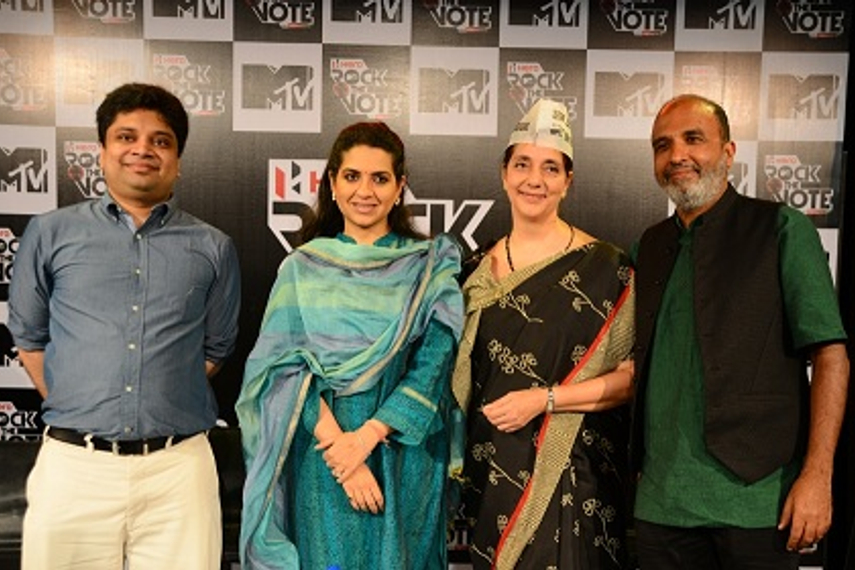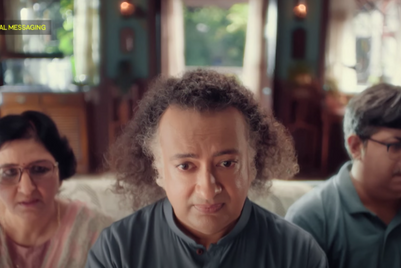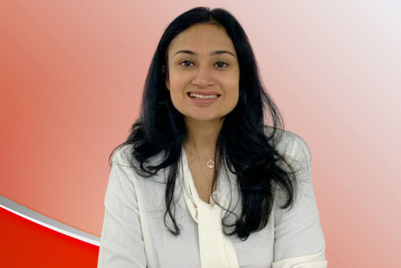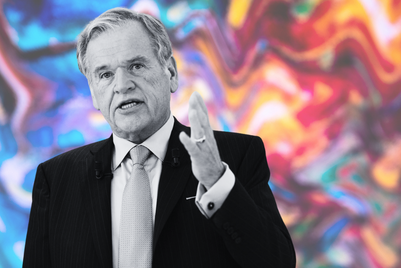
MTV, as part of its ‘Rock the Vote’ initiative to encourage Indian youth to vote, has engaged in an on air, online and on-ground campaign. The on-ground efforts included discussion forums with college students. While an earlier panel featured people from media and advertising, among others, a second panel placed spokespersons of political parties in the line of fire from the youth in attendance.
Shaina NC from the BJP, Meera Sanyal from AAP and Sanjay Jha from the Congress fielded questions from the audience. The session was hosted by Dhiraj Nayyar, CEO, Think India foundation and editor-at-large, Firstpost.com.
Why should they vote?
Nayyar started off the session asking the panelists why should the youth go out and vote. Shaina responded, “If you don’t vote, you can’t ask questions and you can’t criticise. And how many of you want to be called idiots because the meaning of an idiot is the person who did not go out and vote. If the educated class and predominantly the youth want to be considered as a vote bank, you’ll have to cast your vote.”
Sanyal left it to the judgment of the people, when she said, “I don’t think I need to persuade these young kids. It’s very binary. You either believe in something or you don’t. Nobody needs to persuade you. If you think your vote counts for something, go and vote. If you don’t think it does, that’s fine.”
Jha put casting a vote in perspective, and said, “The world is going to watch. In that little button that you press, it’s going to decide the destiny of 16 per cent of the world’s population. Today in your decision, you are controlling the idea of India and the future of India and it is a fantastic privilege. That fact that on an MTV program you’re having politicians finding time to interact with you tells you that you’ve got some infinite power within you. Time for you to exercise it. Do vote.”
‘What news to trust?’
Grabbing the chance to interact with politicians face-to-face, members of the audience questioned how to decide what bits of news about politicians are to be trusted and what bits should be ignored. But they didn’t get any concrete answers, except perhaps for
Sanyal’s response. She said, “Use your own judgment. You need to listen to what people say but come to your own conclusion.”
‘Does social media influence youth?’
Given the buzz around how social media plays a role in getting the youth involved in the voting process, it was natural for Dhiraj to quiz panelists on how effective it is. And how each party has approached social media.
Shaina responded, “I think it’s a reality check for sure. Sometimes when you’re expecting them to be supportive you get brickbats, but sometimes they display empathy.”
Sanyal explained how AAP being a relatively young political party was testing the social media waters. She said, “We have found social media to be a great leveler. Clearly my party does not have the budgets like the national parties do, but we are trying to reach out to a large number of people.”
Jha added, “I don’t think it should be looked at as a strategy. As a party, you’ve got to be out there and let people know what you stand for. The advantage that social media provides is that even if you have come in late into the political arena, your rise can be exponential. This isn’t like the first mover advantage. That logic no longer applies. But the youth must note that within the crowd of bunkum there is a sliver of intelligence and constructive ideas.”


.jpg&h=334&w=500&q=100&v=20250320&c=1)
.jpg&h=334&w=500&q=100&v=20250320&c=1)


.jpg&h=334&w=500&q=100&v=20250320&c=1)

.jpg&h=334&w=500&q=100&v=20250320&c=1)


.jpg&h=334&w=500&q=100&v=20250320&c=1)




.jpg&h=268&w=401&q=100&v=20250320&c=1)
.jpg&h=268&w=401&q=100&v=20250320&c=1)


